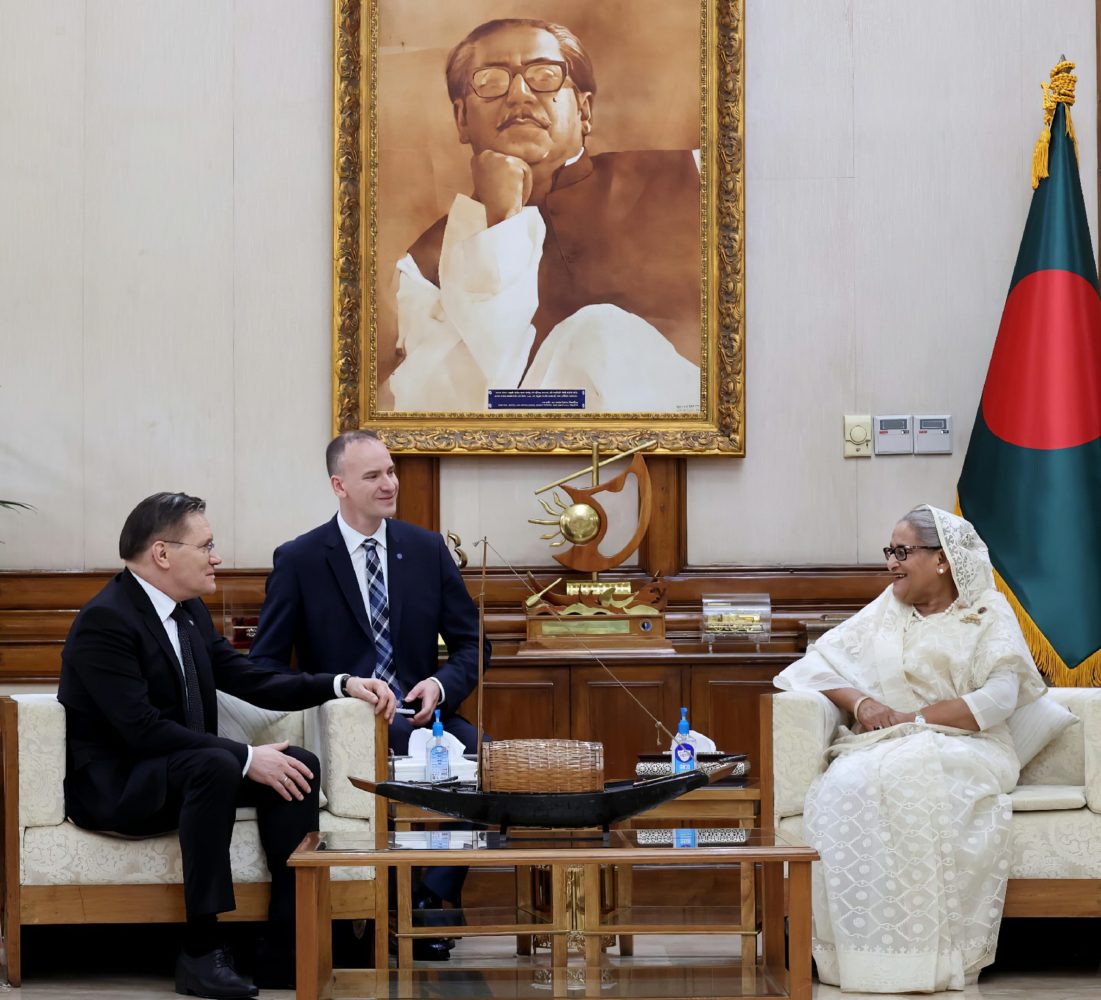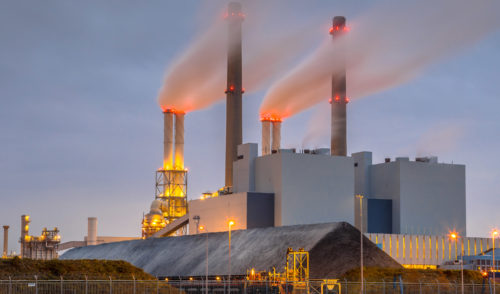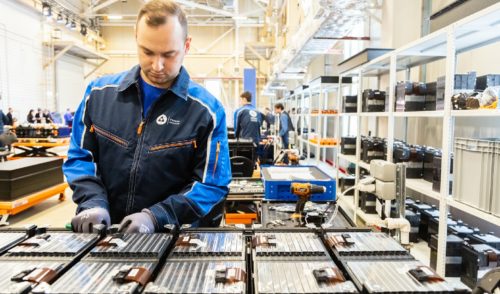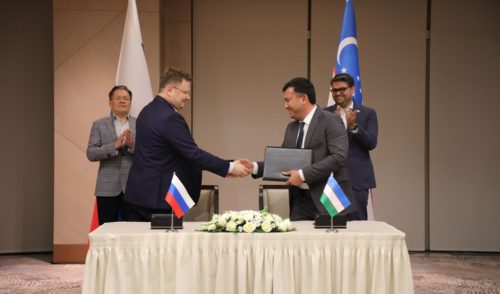
Rooppur Expansion
back to contentsBangladesh might have two more power units at the Rooppur NPP, and a research reactor. These plans were discussed at a meeting between Prime Minister Sheikh Hasina and Rosatom chief Alexey Likhachev.
As Alexey Likhachev said at the meeting held in April, the Rooppur NPP was 85 % complete: the station would reach its design capacity and start feeding electricity to the national grid in 2025.
“The Rooppur NPP construction project is approaching one of its key milestones as the reactor of Unit 1 will achieve its first criticality by the end of the year,” Rosatom Director General pointed out.
Sheikh Hasina thanked Russia “for its assistance in creating Bangladesh’s energy security, and especially for the construction of the nuclear power plant in Bangladesh, which was the dream of Bangabandhu, the Father of the Nation.” She also said the government was interested in building more power units at the Rooppur site if there was a possibility for it. “Engineering surveys need to be conducted to build another two units. We will need your support for new units to be constructed after the completion of the current project. I ask you to employ the knowledge of Bangladesh experts in other nuclear construction projects,” Sheikh Hasina said.
According to Alexey Likhachev, it is advisable to start construction of new units as soon as the first two are completed. This would be financially favorable for Bangladesh and preferable in terms of international technical and nuclear safety standards.
Alexey Likhachev said the parties were studying the possibility of building in Bangladesh a multi-purpose large-capacity research reactor, which will be used for scientific and nuclear medicine applications.
Apart from building the nuclear power plant, Russia is training plant operators.
More than a hundred Bangladesh students have received nuclear degrees from specialized Russian universities. In 2022, a training center was opened at the plant’s site. Bangladesh has also adopted a nuclear regulatory law, established a nuclear supervisory body BAERA, and signed an agreement with Russia on spent nuclear fuel management.
After reaching the design capacity, the first two units of the Rooppur NPP will supply about 10 % of electricity consumed in Bangladesh. Dependence on coal and gas generation will be reduced, thus optimizing the national energy mix.
Construction works on the site are in full swing. In early May, Rosatom manufactured and shipped high- and low-pressure wedge-gate and swing-check valves to the Rooppur NPP. The shipment includes 294 pieces with a total weight of 312 tonnes. The valves will be used in the reactor buildings and turbine halls of Rooppur Unit 1 and 2. The products are designed to withstand high loads, including pressure up to 12 MPa and temperature of about 300 °C. The valves belong to safety classes 2, 3 and 4. Before shipment, they passed a series of factory trials, including pneumatic, hydraulic and vacuum pressure tests.
Rosatom subsidiaries are busy supplying equipment for the nuclear power plant. In April, NPO Luch (part of Rosatom’s research division) manufactured thermometric products and shipped them to Bangladesh. The first shipment containing over 800 resistance temperature detectors and almost 600 protective sleeves has arrived at the Rooppur site.
The resistance temperature detectors, thermoelectric converters, protective and switching devices are designed to measure the temperature in equipment, metal structures, and liquid and gaseous media with different corrosive properties. These products are used to monitor the temperature in the reactor core, reactor components, and turbine equipment of the nuclear power plant.




